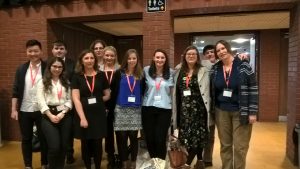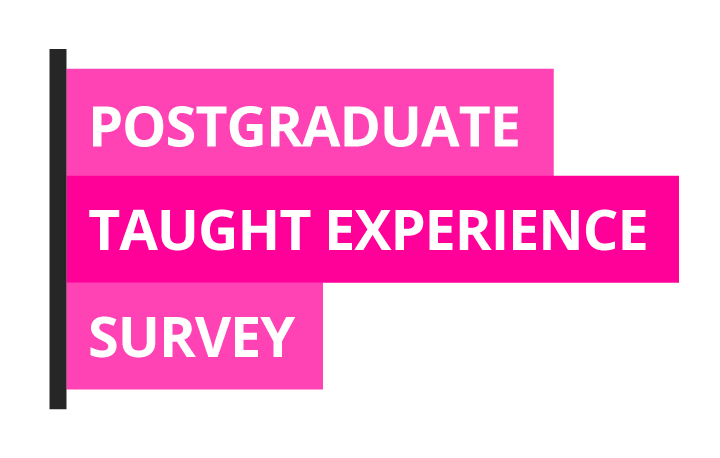Advance HE continuing to support the HEA Fellowship network
As you’ll probably have seen in the press Advance HE is the new agency formed from the merger of the Equality Challenge Unit, the Higher Education Academy and the Leadership Foundation for Higher Education.
However your Fellowship post-nominals to demonstrate Fellowship status: AFHEA, FHEA, SFHEA, PFHEA will stay the same. If you’re just going through the process of applying for fellowship, it too is not changing and our accreditation for programmes is continuing.
New or innovative approaches to Learning and Teaching
The ULTSEC Innovation fund provides a fantastic opportunity for you to propose and develop projects with real benefit to learning. Continue reading “May 2018 Learning and Teaching Newsletter”




